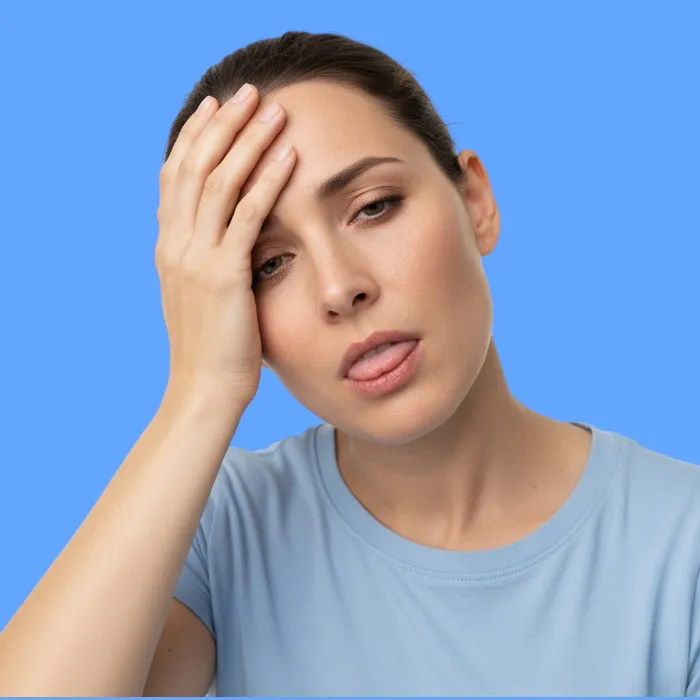what is dehydration?
Dehydration is a condition that occurs when the body loses more fluids than it takes in, which affects its vital functions.
The cause may be as simple as not drinking enough water, or due to chronic illnesses or emergencies like severe diarrhea or fever.
what are the causes of dehydration?
Dehydration can result from several factors that lead to fluid loss or insufficient replacement, including:
- Not drinking enough water daily.
- Excessive sweating due to heat or physical activity.
- Persistent diarrhea or vomiting.
- Fever and high body temperature.
- Uncontrolled diabetes.
- Taking diuretics or medications that affect fluid balance.
- Burns or large wounds.
- Chronic kidney or heart diseases.
what are the common symptoms of dehydration?

Symptoms vary depending on the severity of dehydration, but common signs include:
- Intense thirst.
- Dry mouth and tongue.
- Reduced urination or dark yellow urine.
- Dizziness or lightheadedness when standing.
- General fatigue and weakness.
- Persistent or recurring headache.
- Dry skin or loss of skin elasticity.
- Rapid heartbeat or breathing.
when should you see a doctor?
In some cases, dehydration becomes dangerous and requires urgent medical attention, especially if the following symptoms appear:
- Inability to urinate for more than 8 hours.
- Loss of consciousness or confusion.
- Persistent diarrhea or vomiting for more than a day.
- Severe dehydration signs in children or the elderly.
- Blood in stool or vomit.
- Very high fever.
- Dry eyes or absence of tears when crying.
- Sudden and rapid weight loss.
what are the treatment methods for dehydration?
Treatment depends on the severity and cause of dehydration, and may include:
- Drinking water and fluids regularly.
- Taking oral rehydration solutions (like ORS).
- Avoiding drinks with caffeine or alcohol.
- Treating the underlying cause such as diarrhea or fever.
- Using IV fluids in severe cases.
- Resting and avoiding physical stress.
- Monitoring urine quantity and color.
- Adjusting medications that cause fluid loss.
can dehydration be cured?
Yes, dehydration can be cured easily if detected early and fluids are properly replaced.
However, in severe or chronic cases, the patient may need close medical follow-up to avoid complications.
what are the prevention tips for dehydration?
To prevent dehydration, it is recommended to follow healthy daily habits such as:
- Drinking at least 8 cups of water daily.
- Increasing fluid intake in hot weather or during exercise.
- Eating fruits and vegetables rich in water.
- Avoiding soft drinks and alcohol.
- Monitoring urine color as a hydration indicator.
- Using rehydration solutions during diarrhea.
- Teaching children the importance of drinking water.
- Avoiding direct sun exposure for long periods.
what are the possible complications of dehydration?
Neglecting dehydration treatment may lead to serious complications affecting overall health, such as:
- Kidney problems or kidney failure.
- Severe low blood pressure.
- Irregular heartbeats.
- Loss of consciousness or coma.
- Muscle or nerve cramps.
- Poor concentration and cognition.
- Damage to vital organs.
- Increased risk of infections.
frequently asked questions about dehydration
Does dehydration affect children more?
Yes, children are more vulnerable due to faster fluid loss.
Is dehydration only related to heat?
No, it can happen anytime due to illness or lack of fluids.
Can juices replace water?
No, water is the best fluid for hydration.
Does dehydration cause headaches?
Yes, it is a common symptom.
article summary
Dehydration is a common but serious health condition if not treated promptly. Prevention starts with regular water intake and monitoring dehydration signs, especially in children and the elderly.
If severe symptoms appear, consult a doctor immediately to avoid complications.